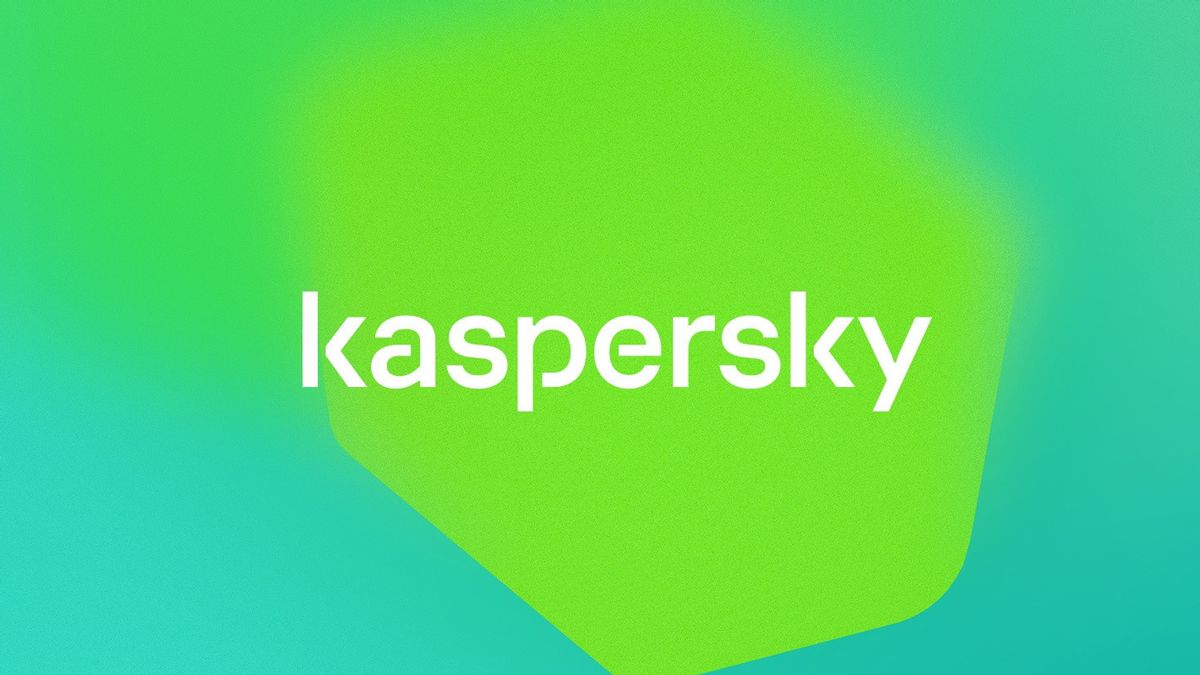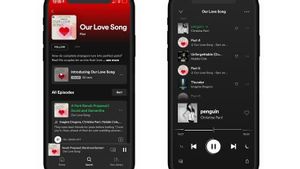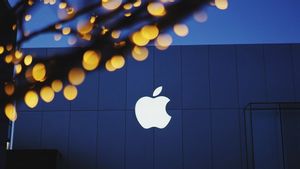JAKARTA - The British cybersecurity center on Tuesday, March 29, said organizations providing services related to Ukraine or critical infrastructure should reconsider the risks associated with using Russian computer technology in their supply chains.
"We have no evidence that the Russian state intends to hand over Russian commercial products and services to cause harm to British interests. But the absence of evidence does not mean evidence of (their) absence," said the National Cyber Security Center (NCSC), part of the Center for Cyber Security. British National. This was also disclosed by the GCHQ wiretapping intelligence agency said in a blog post.
Organizations that provide services to Ukraine, critical infrastructure, or could represent a public relations "win" for Russia if hacked should "particularly consider the risks of the Russian-controlled parts of their supply chains," the post said.
Earlier this month Italy said its public authorities should replace any antivirus software linked to Russia. Meanwhile, Germany has warned customers of Moscow-based Kaspersky Lab that its software could pose a serious risk of attack from hackers.
SEE ALSO:
Last week, the United States added Kaspersky Lab to its list of communications equipment and service providers deemed a threat to US national security. While Kaspersky Lab described the action as a politically motivated act.
The NCSC did not specifically warn against Kaspersky Lab's software, but suggested that its users may need to change to another antivirus provider, if Kaspersky Lab itself is penalized.
"If you are more likely to be targeted by the Russian state because of what happened, then it would be wise to consider your reliance on any type of Russian technology product or service, including but not limited to cloud-enabled products such as (antivirus software)," the post reads, as quoted by Reuters.
The English, Chinese, Japanese, Arabic, and French versions are automatically generated by the AI. So there may still be inaccuracies in translating, please always see Indonesian as our main language. (system supported by DigitalSiber.id)














